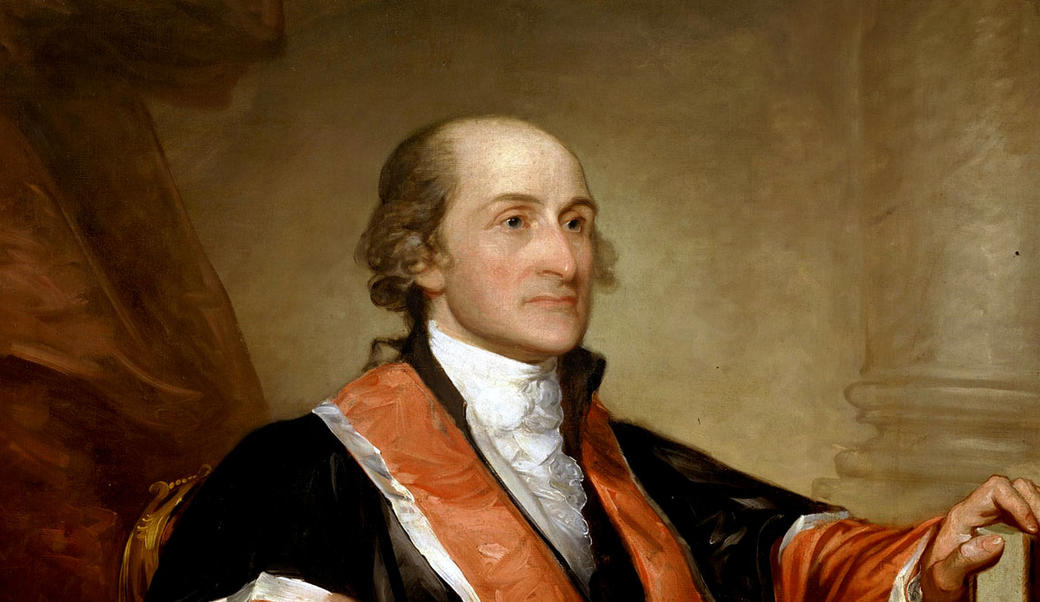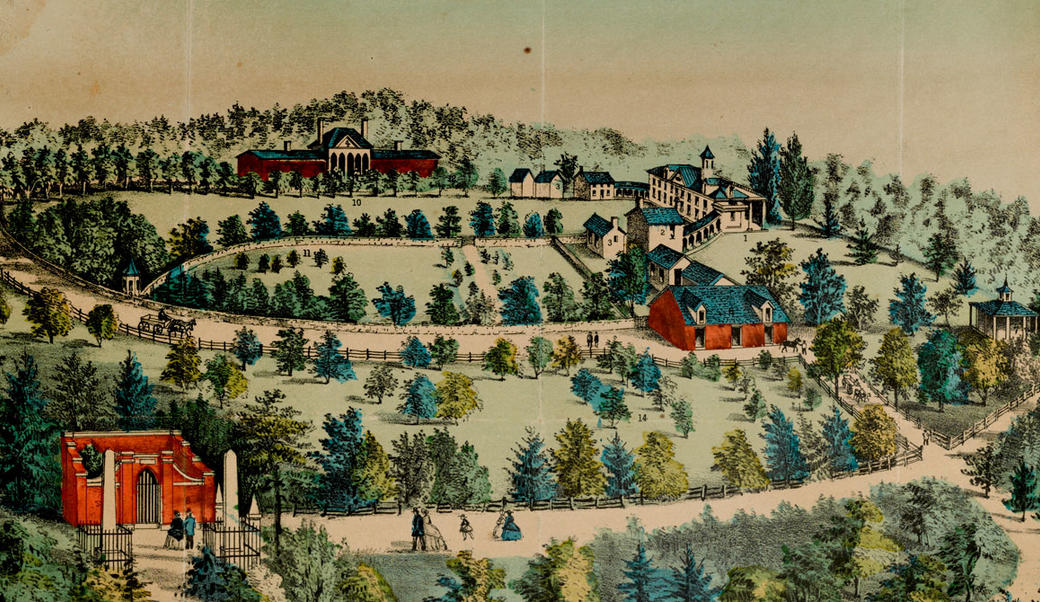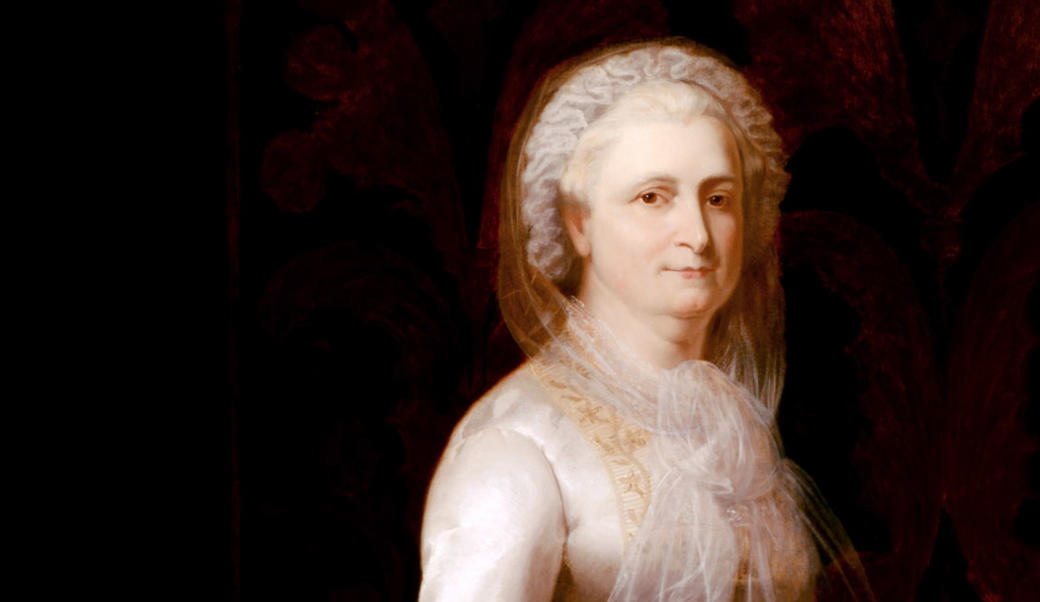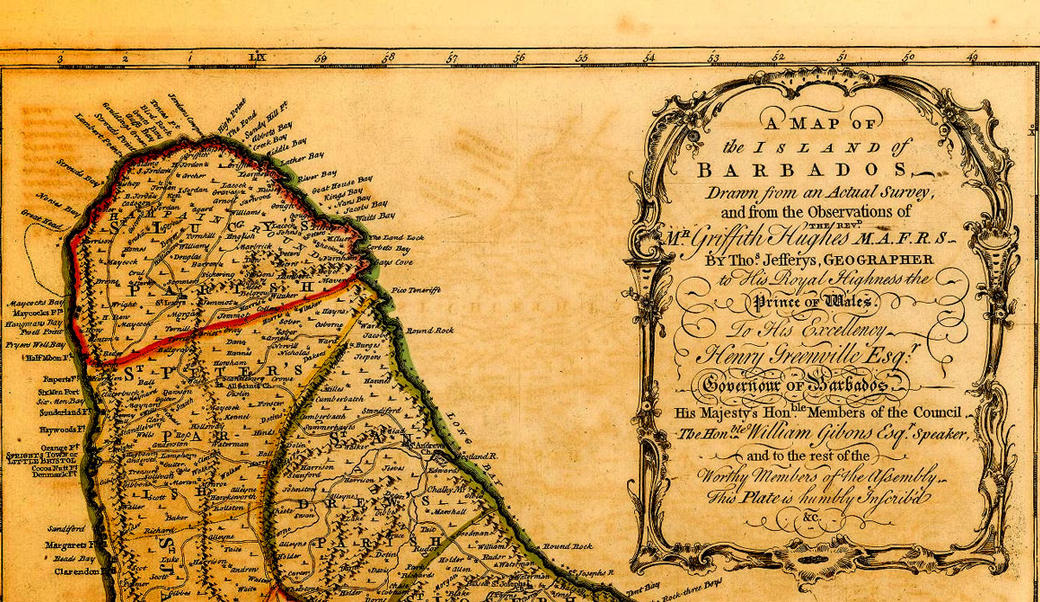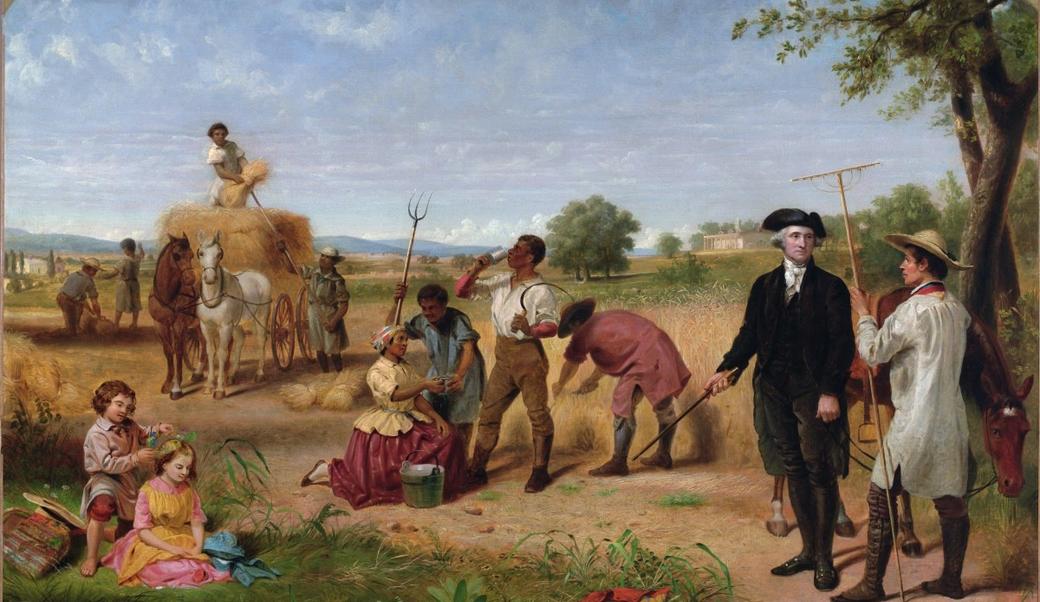George Washington: Life After the Presidency
On March 15, 1797, Washington returned to Mount Vernon, eager to expand his economic enterprise, complete the renovations of the mansion, and maintain some semblance of privacy from the thousands of visitors who passed through his home.
As an elite southern gentleman, Washington took eighteenth-century expectations of hospitality seriously. Americans were fascinated by Washington, and pilgrimaging to Mount Vernon became a popular pastime. In 1798 alone, the Washingtons hosted as many as 677 guests. The guests were treated to breakfast or dinner; prepared and served by the enslaved cooks and servants employed in the house. Enslaved stable hands tended their horses and carriages, and enslaved housemaids washed and mended their clothes, made their beds, and kept fires lit in the bedrooms.
Washington welcomed every excuse to escape the curious stares of visitors. He woke early and spent several hours reading and writing in his private study before breakfast at 7 AM. He then conducted his daily inspections of his estate on horseback, before returning for dinner at 3 PM.
Washington also sought opportunities to diversify his economic investments. During his presidency, Washington improved the technology at his grist mill and increased the quantity of grain he could process for his neighbors, in return for a portion of the profit. He employed enslaved workers making barrels to store the grain and sailing ships to port with the finished product. After his retirement, Washington built a distillery that created whiskey from rye, corn, and barley. At the time of his death, it was one of the largest, most productive distilleries in the nation.
Washington undertook these projects because he wanted to make money, but also because he wanted to employ the growing enslaved population at Mount Vernon. Grains required less labor than tobacco, often leaving workers unemployed during down seasons. Furthermore, as enslaved families had children, the population continued to grow.
With these challenges in mind, Washington wrote out the terms of his will in 1799. He left most of his estate to Martha, forgave debts owed him by extended family, granted land and stocks for the creation of educational institutions, and bequeathed his papers and books to his nephew, Supreme Court Justice Bushrod Washington. The most famous provision of the will immediately freed William Lee, Washington’s enslaved valet from the war, and arranged to emancipate the 122 enslaved individuals he owned after Martha’s death. Of the more than 300 enslaved people at Mount Vernon when Washington died, about half of them were owned by the estate of Martha’s first husband, and neither she nor George had the legal right to free them; Martha’s heirs inherited them after her death. The will also provided financial support and education for those too young or old to work, and explicitly prohibited the sale or transportation of any workers outside of Virginia.
On December 12, 1799, Washington left the house for his daily ride. On his way back, a wet snow began to fall, but he sat down to dinner without changing, as he did not want to keep guests waiting. The next night, Washington woke Martha and said he was having trouble breathing. Over the next several hours, doctors bled Washington four times, applied several blister treatments to his throat and legs, and administered an emetic and an enema. None of the treatments worked and increased his suffering.
Washington died between 10 and 11 PM on December 14. Over the next several weeks, he was celebrated and mourned with great fanfare at ceremonies and mock funerals across the country.

